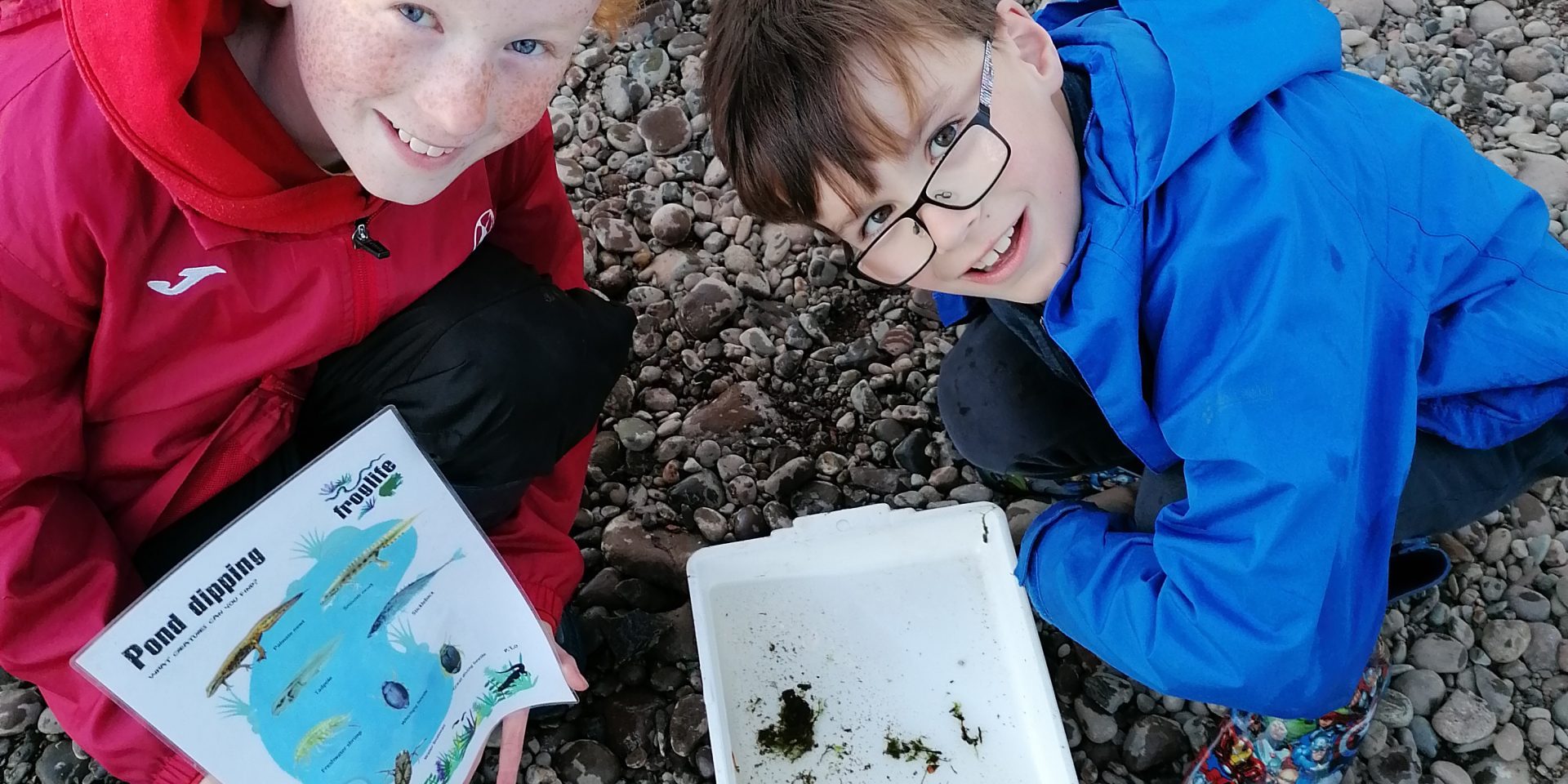Today’s post is the second by Mirran Trimble from Froglife, a wildlife charity dedicated to protecting amphibians and reptiles, as well as the habitats they depend on. Mirran will be leading an exhibition stall at COP26, and she will be sharing her progress through a series of blogs during the coming weeks. As ever with our blogs, the views expressed are not necessarily those of NAEE.
From a young age I was always fascinated by the natural world around me. Growing up in East London I didn’t often come across very wild areas, but I was always excited and surprised by the small pockets of nature I did find around me. I particularly loved our garden pond, amazed at how this small yet complex ecosystem managed to thrive in such an urban area. I would happily spend hours sitting next to it, carefully watching life go by within it. I loved watching the pond skaters, marvelling at their almost magical ability to stay on the surface of the water, and observing the life cycles of our resident frogs. From a young age these experiences really sparked my curiosity for the natural world. Years later, I now am thrilled to be celebrating ponds at COP26 and teaching others about how fantastic they are; from their role in tackling climate change, to benefits for biodiversity, to their capacity to inspire and educate younger generations about the natural world.
Ponds can be a powerful learning tool to help children understand the natural world around them, and creating ponds in school grounds can offer a fantastic educational resource. Not only is pond dipping a fun activity, but ponds also provide a platform to teach children about biodiversity and ecosystems, and allow them to observe the life-cycles of animals such as amphibians and dragonflies. Ponds can also help teach about climate change through understanding their ability to absorb and store carbon dioxide from the atmosphere, and the importance of aquatic plants for carrying out photosynthesis.
I feel very thankful to have had access to a pond growing up. This really nurtured my love for the natural world around me, and stimulated my curiosity to learn more about it. Ponds are useful for lots of different reasons, but I believe that the ability to inspire and generate curiosity is one of the most powerful roles it can play.
…………………………………………………………………………….
Photo caption: These cubs learnt all about pond life in this wildlife gardening workshop. We went pond-dipping to discover what animals we could find in our local area, and had a go at identifying all of the different aquatic invertebrates we found!
Merrin can be contacted at: Mirran.Trimble@froglife.org

